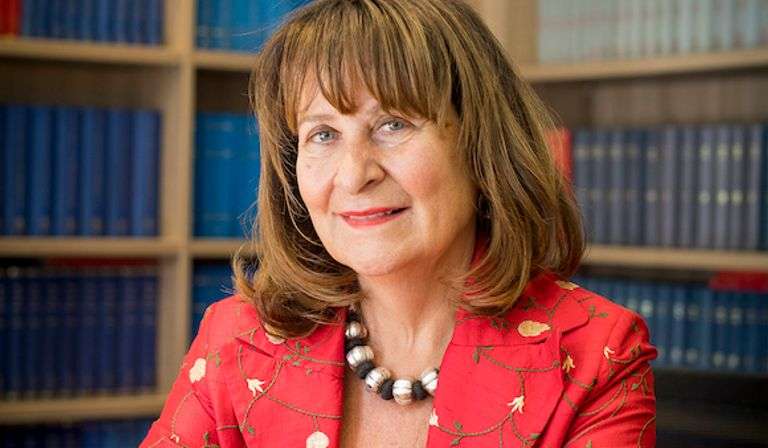David Lammy, the newly appointed Foreign Secretary, is in discussions to visit China in September, marking a significant move within his first 100 days in office.
This trip, if confirmed, would underscore the United Kingdom’s intention to reestablish high-level diplomatic engagement with Beijing after a period of strained relations.
Although no official date has been set, a spokesperson for the Foreign, Commonwealth, and Development Office (FCDO) noted, “Foreign secretary travel will be confirmed in the usual way.”
Lammy had initially planned to visit China earlier this summer while still serving as Labour’s shadow foreign secretary.
However, those plans were delayed following the general election call. After Labour’s electoral victory, Lammy met with China’s Foreign Minister, Wang Yi, during the Association of Southeast Asian Nations (ASEAN) summit on July 26.
In that meeting, held in Laos, the FCDO stated that Lammy articulated the UK government’s stance: “We will cooperate where we can compete where needed, and challenge where we must.” This approach highlights a nuanced balance as the UK navigates its complex relationship with China.
Beijing Trip Marks Key Post-Election Diplomacy
Lammy’s visit is expected to generate significant attention, particularly regarding his stance on human rights issues. As shadow foreign secretary in 2023, Lammy strongly supported recognizing China’s treatment of the Uyghur population as genocide, a position that will likely come under scrutiny during his upcoming engagements.
China has previously sanctioned seven UK parliamentarians, including Labour peer Helena Kennedy, in response to criticisms of its human rights practices.

This backdrop of tension adds complexity to Lammy’s anticipated visit, making it a potential flashpoint in UK-China relations.
Labour’s manifesto included plans for an “audit” of UK-China relations, aiming to enhance the UK’s ability to understand and respond to the multifaceted challenges posed by China.
This audit reflects a broader strategic shift as the new government seeks to recalibrate its foreign policy approach.
A senior source involved in UK-China relations highlighted the stagnation under the previous Conservative administration, noting, “Under the Conservatives, with the exception of the one Cleverly visit, there was no senior-level engagement with China.”
This lack of dialogue, the source suggested, stood in stark contrast to Labour’s more proactive stance.
Ruby Osman, a policy adviser on China at the Tony Blair Institute, emphasized that other major Western nations, including the US, France, Germany, Australia, and Italy, have maintained high-level meetings with Chinese President Xi Jinping despite their differences.
“Labour’s challenge will be shifting the mood in Westminster back to a recognition that engagement doesn’t have to mean agreement,” Osman explained.
David Lammy has long been preparing for a more engaged approach with China, laying the groundwork well before the election.
According to Osman, there is a strong appetite on the Chinese side to rekindle relations, with Beijing viewing the election as an opportunity to reset after several tumultuous years.
Catherine West, now a Foreign Office minister, also visited China last spring, holding talks with senior officials.
During her visit, she raised concerns about Chinese interference in British democracy and national security, stating that these issues would be actively addressed under a Labour government.
READ ALSO: Victony Touches on Parent’s Acceptance of Music Career


















